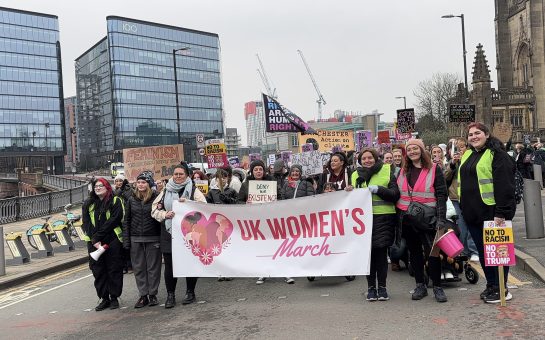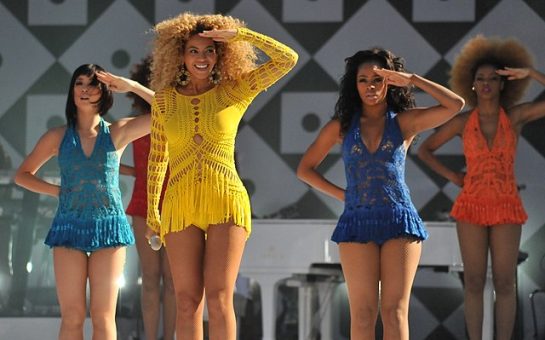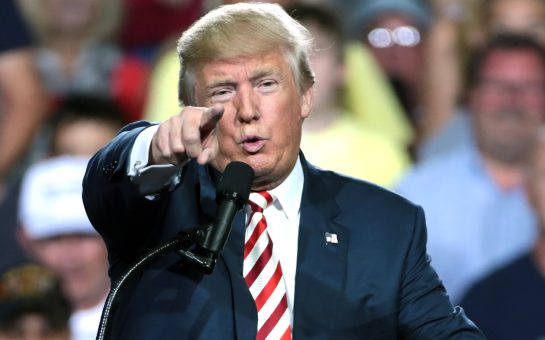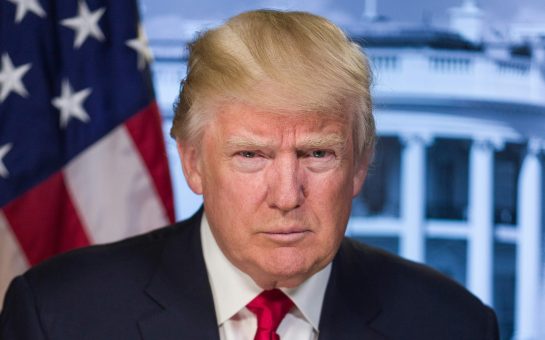More often than not, one can generally predict the likely outcome of an election.
In this year’s December snap election in the UK, the consensus is that Boris Johnson’s Conservatives will gain the most votes, but it remains up in the air whether or not he will get a majority.
Labour Party leader Jeremy Corbyn ran a strong election campaign two-and-a-half years ago. His campaign cut Tory lead from 15% before the campaign was launched to just 2% by the time of the polls as the Conservative Party retained control of the country seven years after gaining power.
Most believe Johnson will still hold the keys to Downing Street come the turn of the year, but elections can spring surprises. Just ask America.
In the 1948 American election, the ever-reliable New York Times reported that Republican Thomas E. Dewey was the new US President, only to find out they had reported ‘fake news’ and that Harry Truman had in fact won the Democrats their fifth straight election.
Twelve years later, the Republicans were unexpectedly ousted again when charismatic Massachusetts Senator John F. Kennedy edged out Vice President Richard Nixon by a 0.2% margin.
The Republicans have been on the right end of Presidential electoral surprises though. The dress-rehearsal came in 1980 when Ronald Reagan, a film star with little political experience, swept away Jimmy Carter during the Cold War with the Soviet Union where the US were threatened with nuclear war following the USSR’s invasion of Afghanistan in 1979.
It was a dress-rehearsal for 2016, where long-term business tycoon Donald Trump came from nowhere to ruin Hillary Clinton’s dreams of becoming President.
There are alleged scandals behind Trump’s victory, namely involving Vladimir Putin and Russia, but the simple truth is that Trump’s election campaign was far better than Clinton’s.
It’s fair to say that Corbyn isn’t Trump’s biggest fan, but he can certainly take inspiration from the result of the 2016 American election, as well as the Presidential elections of 1948, 1960 and 1980.
Trump’s victory was no fluke. It was a resounding one as he took 30 states, with his opposite number Clinton claiming just 20.
Although he was outspoken in relation to issues on the US-Mexico border, Trump’s ‘America first’ policy formed the basis of his electoral campaign – a campaign which proved successful.
The states of Florida, Iowa, Maine, Michigan, Pennsylvania and Wisconsin endured a shift from Democrat in 2012 to Republican in 2016, thus swinging the election in favour of Trump.
Trump also maintained the support of all 24 states who won a Republican majority in 2012.
Four years on, Trump remains popular amongst Americans and he’s odds on to win the 2020 Presidential election.
There’s no doubt that Trump will stick with his winning formula of 2016 by maintaining his ‘America first’ stance, but the 2020 election across the Atlantic could arguably affect the UK just as much as the US.
Britain’s two electoral candidates have opposing policies when it comes to America; Johnson is pro-America while Corbyn is quite the opposite.
In a January 2018 visit to the UK, Trump made a pledge to Theresa May that Britain would be backed by US military force should the UK become entrapped in any kind of world conflict.
When he visited London again in June 2019, Trump stood beside May and lauded the UK as a “wonderful country,” as well as stressing the importance of a close relationship between the UK and the US – referring to US-UK relations as the “greatest alliance in history.”
Trump will return to the UK for a NATO summit on December 3-4 where the White House chief will address the UK public again. He will no doubt be asked to give his views on the election which takes place 10 days after Trump’s visit.
He’s a proven expert in influencing American voters, and when he visits London he will be attempting to influence British voters ahead of the huge snap election.
Trump has several times expressed his interest of opening up a trade deal with Britain, and this is something that would be met with open arms by Johnson but almost certainly rejected by Corbyn.
“He’d back Tehran [Iran’s capital city] over our ‘friends’ in America,” Johnson said of Corbyn during a House of Commons debate in July.
US-Iran tensions in the Gulf have increased since Trump withdrawn the US from the Joint Comprehensive Plan of Action in May 2018 which the EU and Russia is also a part of, announcing that the US would instead reinstate nuclear sanctions on Iran.
Should Johnson fulfil his promise of Britain leaving the EU and form closer relations with the US, it could be the case that Britain becomes embroiled in tensions between the US and the Middle East as they did in 1979 – the year Margaret Thatcher was elected.
US foreign policy towards Britain will no doubt differ depending on who gets elected.
From an American point of view though, a Johnson majority would be the best outcome – something Trump made crystal clear last month.
Trump told Brexit Party leader Nigel Farage and LBC radio: “I have a great relationship with many of the [British] leaders, including Boris, who’s a fantastic man – I think he’s the exact right guy for the times.
“Corbyn would be so bad for the country, he’d be so bad. He’d take you in such a bad way.
“He’d take you into such bad places. But your country [UK] has tremendous potential, it’s a great country.”
Soon after Trump made his views on British politics clear, Johnson announced the taglines for his election campaign – ‘Unleash Britain’s potential.’
Make of that what you like, but if it works as effectively as Trump’s ‘America first’ policy in the United States three years ago, then Johnson will gain the majority he so badly needs.



